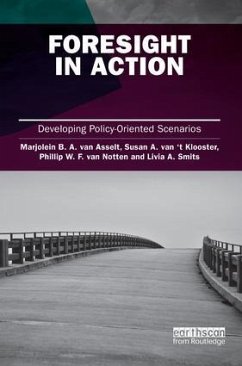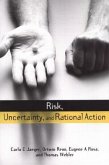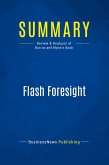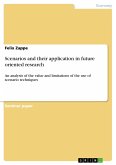Assessing the future is vital in informing public policy decisions. One of the most widespread approaches is the development of scenarios, which are alternative hypothetical futures. Research has indicated, however, that the reality of how professionals go about employing scenarios is often starkly at odds with the theory - a finding that has important ramifications for how the resulting images of the future should be interpreted. It also shows the need for rewriting and updating theory. This book, based on an intensive five year study of how experts actually go about assessing the future, provides a groundbreaking examination of foresighting in action. Obtained via ethnographic techniques, the results lay bare for the first time the real processes by which scenarios are made. It is also the first book to examine foresighting for public policy, which is so often overlooked in favour of business practice. From handling of discontinuity to historical determinism, the analysis reveals and explains why foresight is difficult and what the major pitfalls are. Each chapter ends with a toolkit of recommendations for practice. The book aims to help readers to reflect on their own practices of public-oriented foresight and thus to foster a deeper understanding of the key principles and challenges. Ultimately, this will lead to better informed decision making.
Hinweis: Dieser Artikel kann nur an eine deutsche Lieferadresse ausgeliefert werden.
Hinweis: Dieser Artikel kann nur an eine deutsche Lieferadresse ausgeliefert werden.








